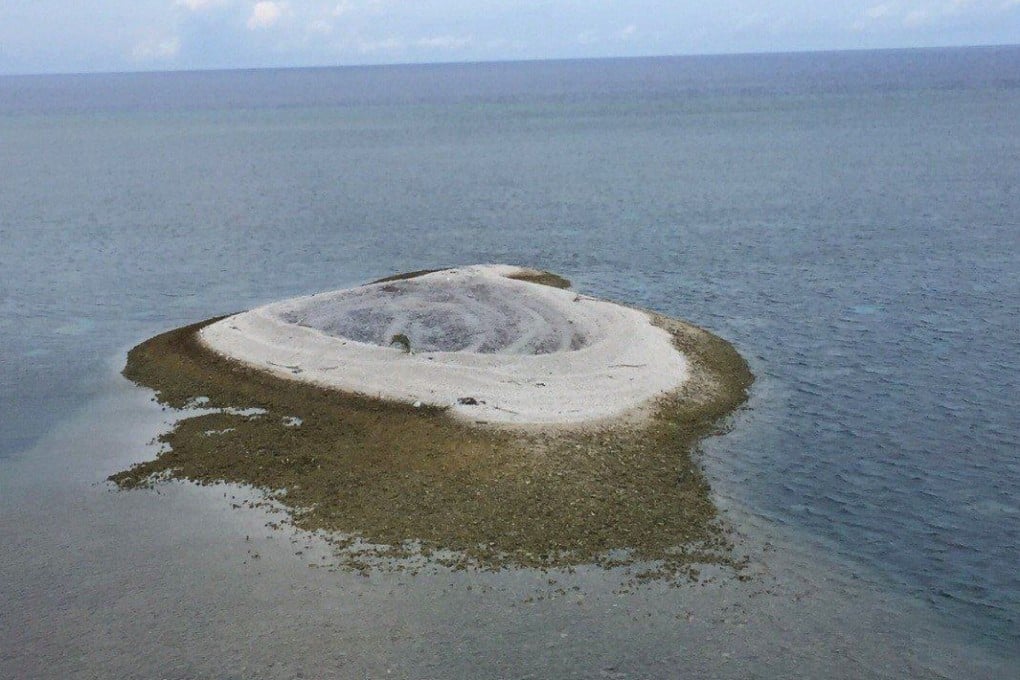Explainer | Who is winning the fight for the South China Sea’s resources?
Claimants are competing for fish, oil and gas amid unresolved maritime boundaries and differing interpretations of law

The shoals are off the northwestern coast of Borneo and fall well within Malaysia’s exclusive economic zone (EEZ), giving Kuala Lumpur exclusive sovereign rights over the natural resources. But China objects to Malaysia’s exploration activities based on its “nine-dash line” claim of sovereignty over the Spratly Islands, which include the Luconia Shoals.
“We have never intended in any way to be intentionally provocative, unnecessarily hostile. China is a great friend, but of course we have to operate in our waters and secure economic advantage, including drilling for oil in our territory,” Anwar said early this month.
The stand-off is one of many in the region where a rising China is competing with other claimants for the South China Sea’s natural resources – mainly fish, oil and gas.